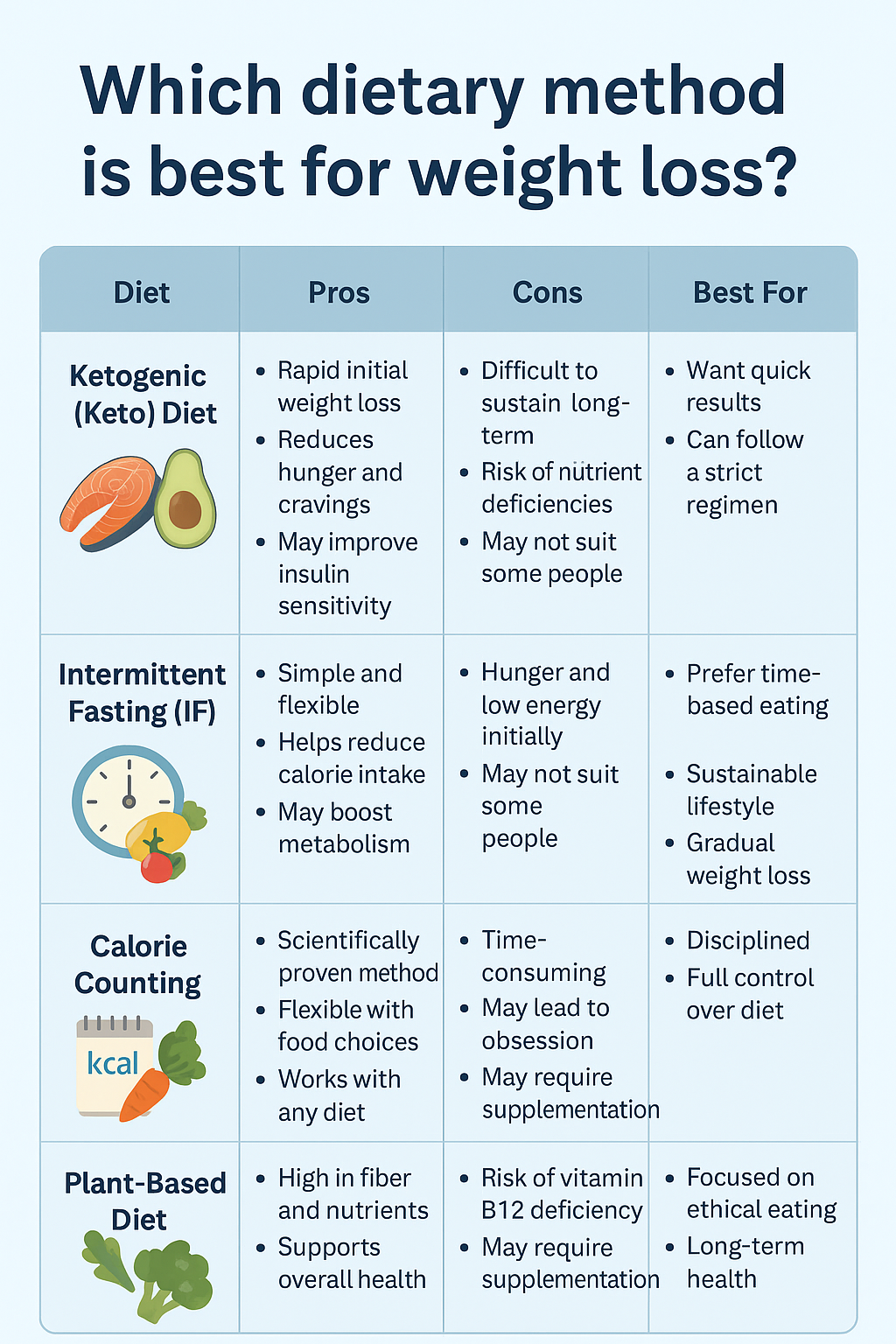Obesity is one of the most pressing health challenges of the 21st century, affecting millions globally. While lifestyle changes like diet and exercise remain the foundation of weight loss, many individuals struggle to achieve long-term success with these methods alone. This is where weight loss medicines—also known as anti-obesity drugs—play a pivotal role.
In 2025, these medications have evolved significantly, offering safe and effective support for individuals aiming to shed excess weight and improve overall health.
What Are Weight Loss Medicines?
Weight loss medicines are pharmaceutical drugs prescribed to help individuals lose weight by:
- Suppressing appetite
- Increasing feelings of fullness
- Reducing fat absorption
- Boosting metabolism
These medications are typically prescribed for people with a body mass index (BMI) over 30 or those with a BMI over 27 accompanied by obesity-related conditions like type 2 diabetes, hypertension, or sleep apnea.
Most Popular Weight Loss Medications in 2025
1. Semaglutide (Wegovy, Ozempic)
Originally developed to manage type 2 diabetes, Semaglutide mimics the GLP-1 hormone that regulates appetite. It has shown impressive results in clinical trials, with many patients losing over 15% of their body weight.
2. Tirzepatide (Mounjaro)
Tirzepatide is a dual GIP and GLP-1 receptor agonist that not only improves blood sugar levels but also supports significant weight reduction. It’s considered one of the most powerful new entrants in the weight loss market.
3. Phentermine-Topiramate (Qsymia)
This combination drug works by suppressing appetite and promoting a feeling of fullness. It’s often used for short-term weight loss under medical supervision.
4. Naltrexone-Bupropion (Contrave)
This drug influences the brain’s reward system and appetite regulation centers. It helps reduce cravings and emotional eating.
5. Orlistat (Alli, Xenical)
Unlike others, Orlistat works in the digestive system by blocking the absorption of dietary fat. It is available over-the-counter (Alli) and by prescription (Xenical).
Benefits of Prescription Weight Loss Medications
- Enhanced Weight Loss: When combined with lifestyle changes, these medications often lead to greater weight loss than lifestyle changes alone.
- Health Improvements: Weight loss can lower blood pressure, reduce cholesterol levels, improve insulin sensitivity, and even lead to remission in type 2 diabetes.
- Motivation Boost: Seeing results early on can motivate patients to stick with long-term healthy habits.
Potential Side Effects and Considerations
While weight loss medications can be highly effective, they are not suitable for everyone. Common side effects may include:
- Nausea
- Diarrhea or constipation
- Headaches
- Increased heart rate
- Mood changes
It is crucial to consult a healthcare provider before starting any medication to evaluate risks, benefits, and compatibility with other health conditions.
Who Should Consider Weight Loss Medicines?
Weight loss medications are recommended for individuals who:
- Have struggled to lose weight through diet and exercise alone
- Have obesity-related health risks
- Are ready to commit to a comprehensive weight loss program, including lifestyle changes
Final Thoughts: A Balanced Approach to Weight Loss
While weight loss medicines are not a magic bullet, they offer powerful support when used responsibly. The key to sustainable results lies in combining medication with nutritious eating, regular physical activity, and mental health support. As the science of obesity treatment advances, these medications offer new hope for millions seeking a healthier future.



